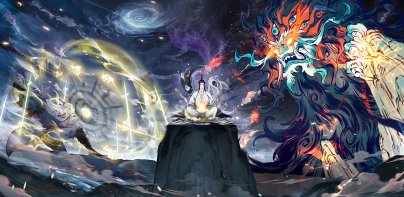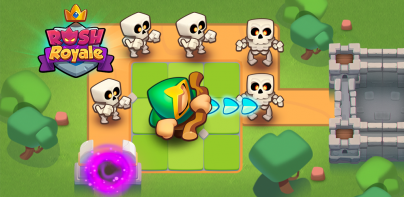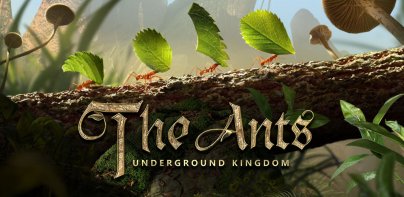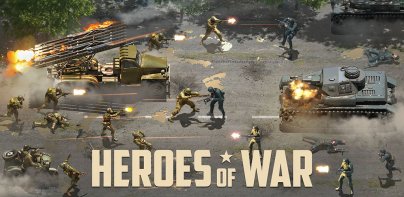







Mahabharat (महाभारत)

Descrizione di Mahabharat (महाभारत)
The Mahabharata is an ancient Indian epic where the main story revolves around two branches of a family - the Pandavas and Kauravas - who, in the Kurukshetra War, battle for the throne of Hastinapura. Interwoven into this narrative are several smaller stories about people dead or living, and philosophical discourses. Krishna-Dwaipayan Vyasa, himself a character in the epic, composed it; as, according to tradition, he dictated the verses and Ganesha wrote them down. At 100,000 verses, it is the longest epic poem ever written, generally thought to have been composed in the 4th century BCE or earlier. The events in the epic play out in the Indian subcontinent and surrounding areas. It was first narrated by a student of Vyasa at a snake-sacrifice of the great-grandson of one of the major characters of the story. Including within it the Bhagavad Gita, the Mahabharata is one of the most important texts of ancient Indian, indeed world, literature.
Il Mahabharata è un'antica poesia indiana in cui la storia principale ruota intorno a due rami di una famiglia - i Pandava ei Kaurava - che, nella Guerra di Kurukshetra, combattono per il trono di Hastinapura. Intrecciati in questa narrazione ci sono molte storie più piccole su persone morte o viventi e discorsi filosofici. Krishna-Dwaipayan Vyasa, lui stesso un personaggio nell'epica, lo compose; come, secondo la tradizione, dettò i versi e Ganesha li scrisse. A 100.000 versi, è il più lungo poema epico mai scritto, generalmente pensato che sia stato composto nel IV secolo aEV o prima. Gli eventi epici si svolgono nel subcontinente indiano e nelle aree circostanti. È stato prima narrato da uno studente di Vyasa a un sacrificio-serpente del pronipote di uno dei personaggi principali della storia. Includendo al suo interno la Bhagavad Gita, il Mahabharata è uno dei testi più importanti dell'antica letteratura indiana, anzi mondiale.

























